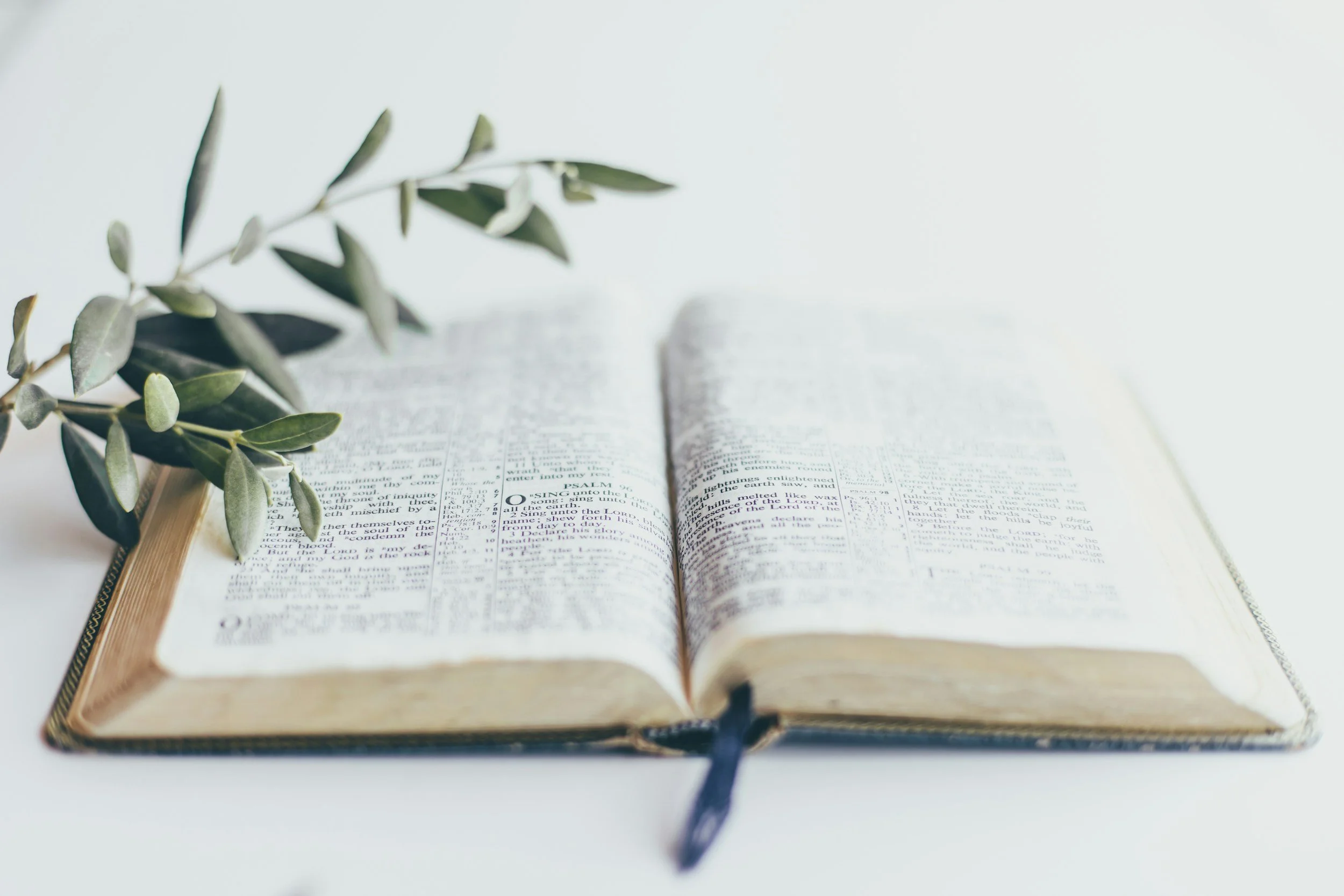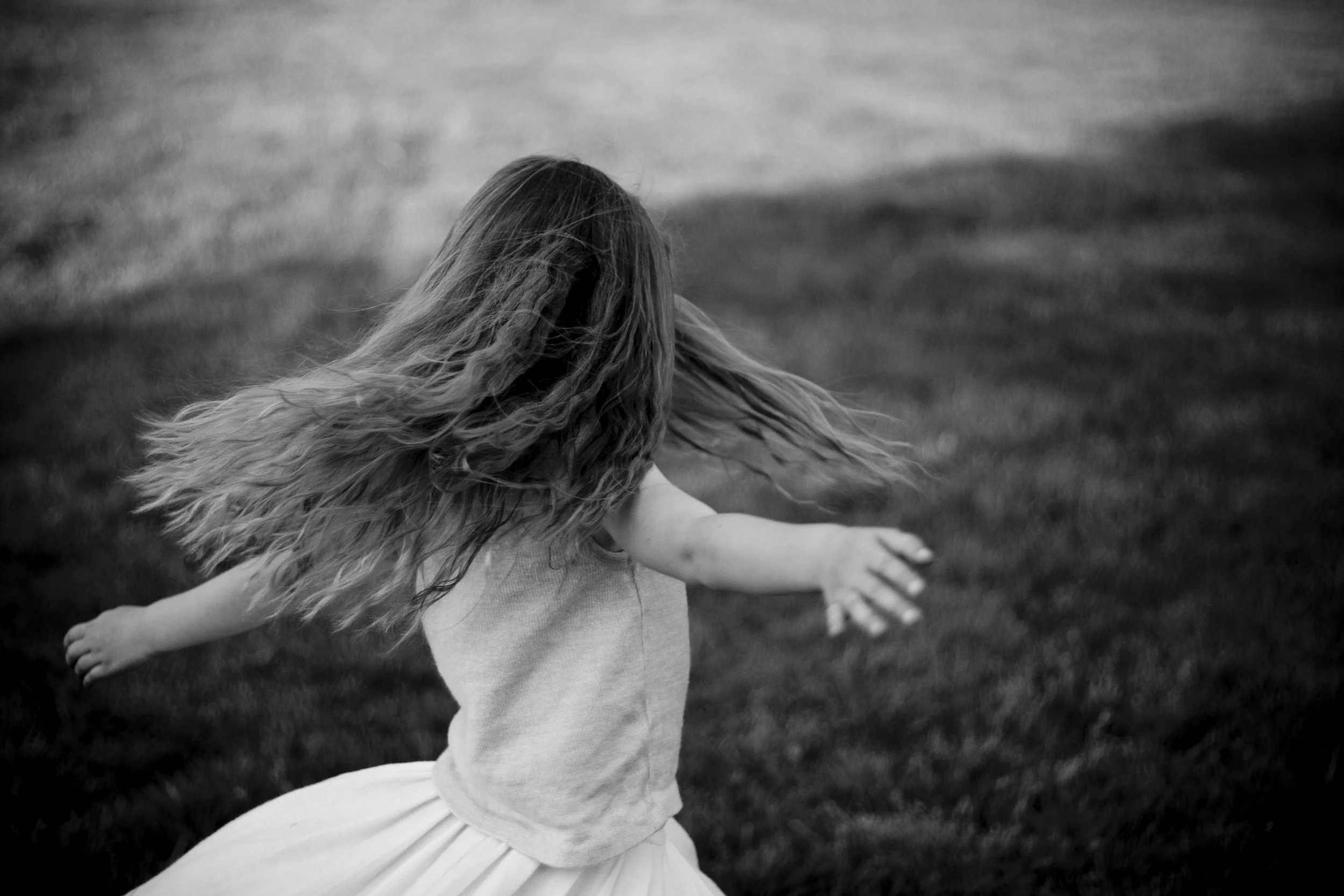My day starts with a rescue mission.
Ear splitting screams sound the alarm: the 3-year-old has absconded with his sister’s mermaid. I’m allowed half a breath before I hear it: the bookcase creaks, threatening collapse. I whip around to pry my toddler off of it, reminding him that no, it is not playground equipment. When I finally dare to sit down, one glance across the table reveals that the toddler is also studying science, experimenting with gravity by dropping oatmeal by the spoonful onto the floor.
Our days are loud and messy. Sometimes the Sisyphean task of sweeping up crumbs, sopping up spills and fishing rotten apple cores out from under the couch is maddening. Going out in public with three kids under six, belly swelling with number four, is always a spectacle. Onlookers gawk, and their glances and raised eyebrows follow me home. “Don’t you know how this happens?” their chuckles echo. To them, my life choices are a joke.
That is the saddest part, I think. In a culture where we are increasingly isolated from one another, where we are saturated with entertainment and starved for meaning, my embrace of motherhood is worthy of mockery. Here’s the paradox I wish everyone understood: Even in the midst of ear-splitting screams and constant stickiness, I find more joy in our chaotic home than I do anywhere else.
Some mothers joke that this is Stockholm syndrome, that we have somehow become grateful for the little dictators holding us captive. Rather than a psychological flaw, though, I believe the deep satisfaction that comes from motherhood reflects how we have been made: for the meaning found in truly giving of oneself.
Flawed measures of success
My cousin recently visited us with his college-aged girlfriend. She was a natural with our kids, so I was surprised by her offhand remark: “I could never stay home with our kids. I’d be too bored.” Maybe it was insensitive for her to say so in our home, but can I really blame her? She is perplexed by my choice. Why did I waste so many tuition dollars, years of education and career-building, to spend the days on my hands and knees cleaning up after thankless tyrants?
Girls today are raised to be young women who pursue career success; it is almost culturally unacceptable to say one wishes to grow up to be a mother. It wasn’t that long ago that I was in her shoes, being told to get an education and establish my career before putting my “real” achievements on pause to have children. Motherhood is often portrayed as drudgery; I live a life that has become an object of horror for many women, so much so that the Dobbs decision has been met with genuine “terror,” sex strikes and even acts of terrorism. Part of the outcry for abortion is the assumption that women “need” to be childless, or at least place severe limits on their fertility to pursue fulfillment. Men seem to agree, and many are apparently desperate enough to escape the burdens of parenthood via sterilization, if the rise in vasectomies is any indication.
Our societal definition of “success” is woefully thin. We erroneously equate fulfillment with achievement and rely heavily on economic measures to tell us about women’s “progress.” Whether women receive equal compensation for the same work as their male counterparts is important. Having the same freedoms to pursue work in fields we are passionate about is essential to a free society. But narrowing the conversation about women’s advancement to these arenas omits some of the most important dimensions of the human experience.
Defining happiness
We experience a range of satisfaction in the human experience, and, confusingly, couch it all under the umbrella of “happiness.” When I taught high school philosophy, the term paper I assigned required students to answer the question, “What is the best life?” Invariably, the majority of students turned in drafts with identical answers: the best life is the life of happiness. When pressed, though, they came up empty. “What is happiness?” I would ask. They all had trouble defining it. Happiness is mysterious, they’d say, or else mercurial, shifting according to the relativistic winds of individual perspectives. The best life is getting whatever it is that makes you happy — if you can figure out what that is.
As it turns out, most of us are not generally skilled at estimating what will make us happy. Americans, at least, live in one of the loneliest, most medicated, consumer-driven societies on the planet. And while we may all be entitled to life, liberty and the pursuit of happiness, it turns out that not all goods are worth pursuing. Happiness is not in the eye of the beholder (nor is beauty, I would argue, but that is for another essay).
To articulate the hierarchy of human goods, philosopher Father Robert Spitzer stratifies our pursuit of happiness into four levels. Level one, physical pleasure, is the most basic and easily achieved. It is the satisfaction of sinking our teeth into a scrumptious dessert or the pleasure we feel when consuming a fine wine. Concrete pleasures, to be sure, but fleeting.
Level two requires a bit more effort to achieve, but its pleasures are longer lived. It is the realm of achievement and accolades. Working hard for a win satisfies our ego, but no win provides so much satisfaction that we have no need of another. The wolf inside us is hungry for more.
The realm of true joy is that of levels three and four: serving others, and serving God or what nonbelievers might call seeking transcendence. This is the realm where we find real meaning in life: through relationships and impacting others. This is the reason why “drudgery,” be it in motherhood or career, can be the defining element of one’s day and yet not impede a deeply satisfying sense of purpose in carrying out those tasks.
Meaningful drudgery
Take, for example, the daily work of St. Teresa of Calcutta. She spent her days picking maggots out of the wounds of the dying. Her life was hardly glamorous, and yet we can recognize that it was truly one worth living.
Or what about Lou Xiaoying, a woman who spent her life as a garbage collector in China? Collecting garbage is about as unglamorous as it gets. And yet, as she lay dying, Xiaoying was surrounded by her family, a combination of two biological children and four adopted — four of the 30 she found and rescued over the years from where they had been discarded in the trash as a result of China’s one-child policy.
Consider Karen, who I met during one harrowing trip to Trader Joe’s. At 35 weeks pregnant, I was trying to obtain our groceries unscathed with my 2- and 3-year-olds in tow. The 2-year-old, as we later found out, had an ear infection, and pain made him cranky. His screams reverberated through the frozen foods aisle and his little hands grasped at everything from blueberries to boxed cornbread mix. I finally abandoned our cartful of groceries in the aisle, pride smarting from the humiliation of my retreat. Karen followed us out to the car, offering to hold my son while we shopped or to check us out while I waited outside with the boys. Much of Karen’s day is spent restocking shelves, and while all of us are grateful to see full shelves these days, those repetitive actions are likely not soul-satisfying work. And yet, Karen’s kindness reduced me to tears in the parking lot that day.
Becoming real
In the beloved children’s tale, “The Velveteen Rabbit,” a child’s stuffed toy longs to become Real. Though he doesn’t quite understand the meaning of the word, he knows that becoming Real is the best thing that could happen to him. As a very old and wise toy explains to him, Real isn’t how you are made. It’s something that happens to you when you are deeply loved. A child’s love may leave you very shabby and missing hair or eyes, but you won’t mind, because you have become Real.
The allegory of the Velveteen Rabbit whispers to us of the meaning of our lives. In a sense, it is the story version of Spitzer’s four levels. The meaning of life is to be found not in “things that buzz inside you and a stick out handle,” but in the pouring out of ourselves to one another. We have developed the unfortunate tendency to value an endeavor because of its output: money, accolades, accomplishments. What does the activity produce?
Perhaps this is why some regard stay-at-home motherhood as a “waste” of education or St. Teresa’s care for the dying as “futile.” In our currency-driven world, it is all too easy to discount the value of something priceless. The things that matter most escape our measurement.
What we get, or rather, who we become, in the ordinary and mundane moments often isn’t flashy or glamorous.
It’s better. It’s real.
This essay first appeared in Radiant Magazine.

















